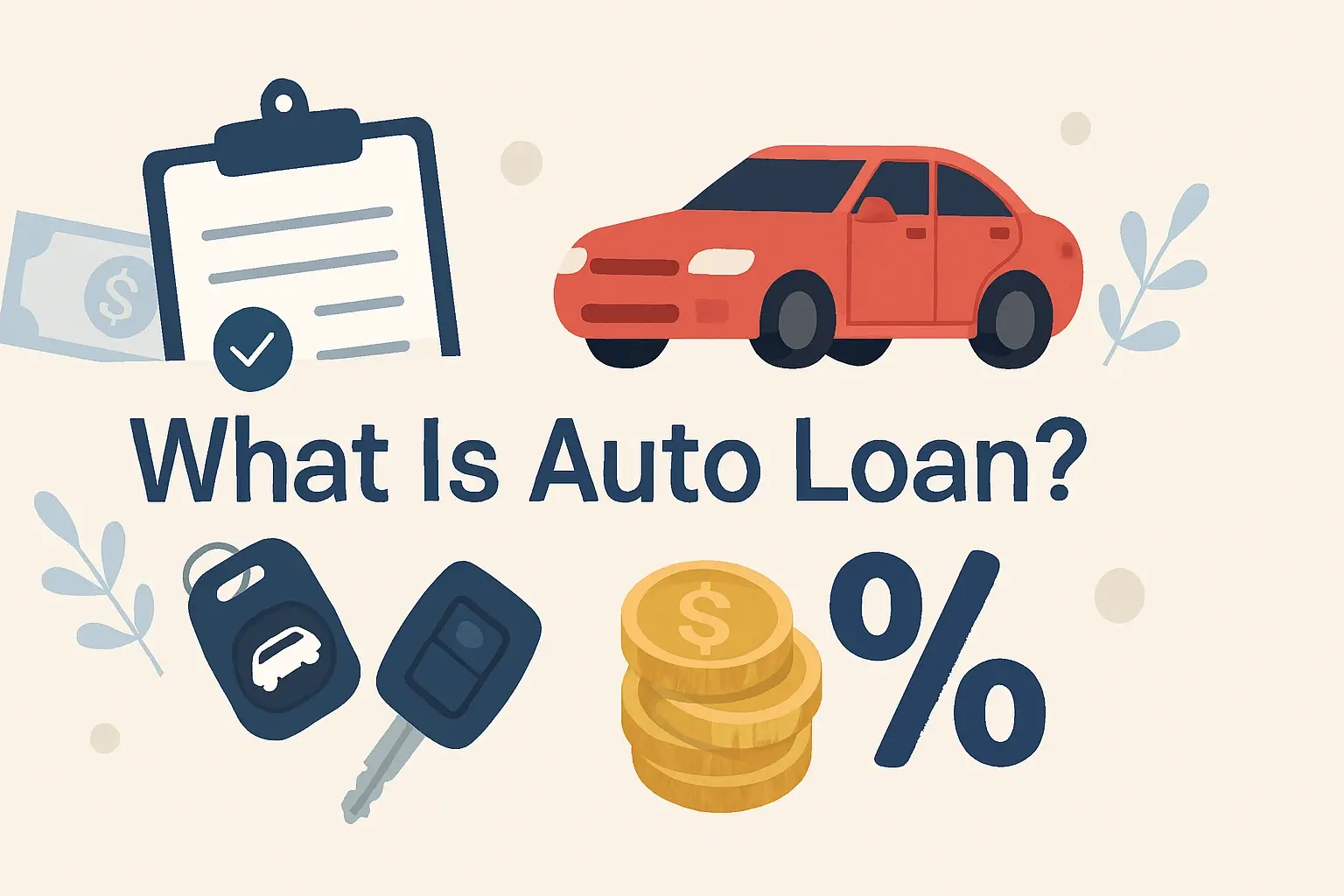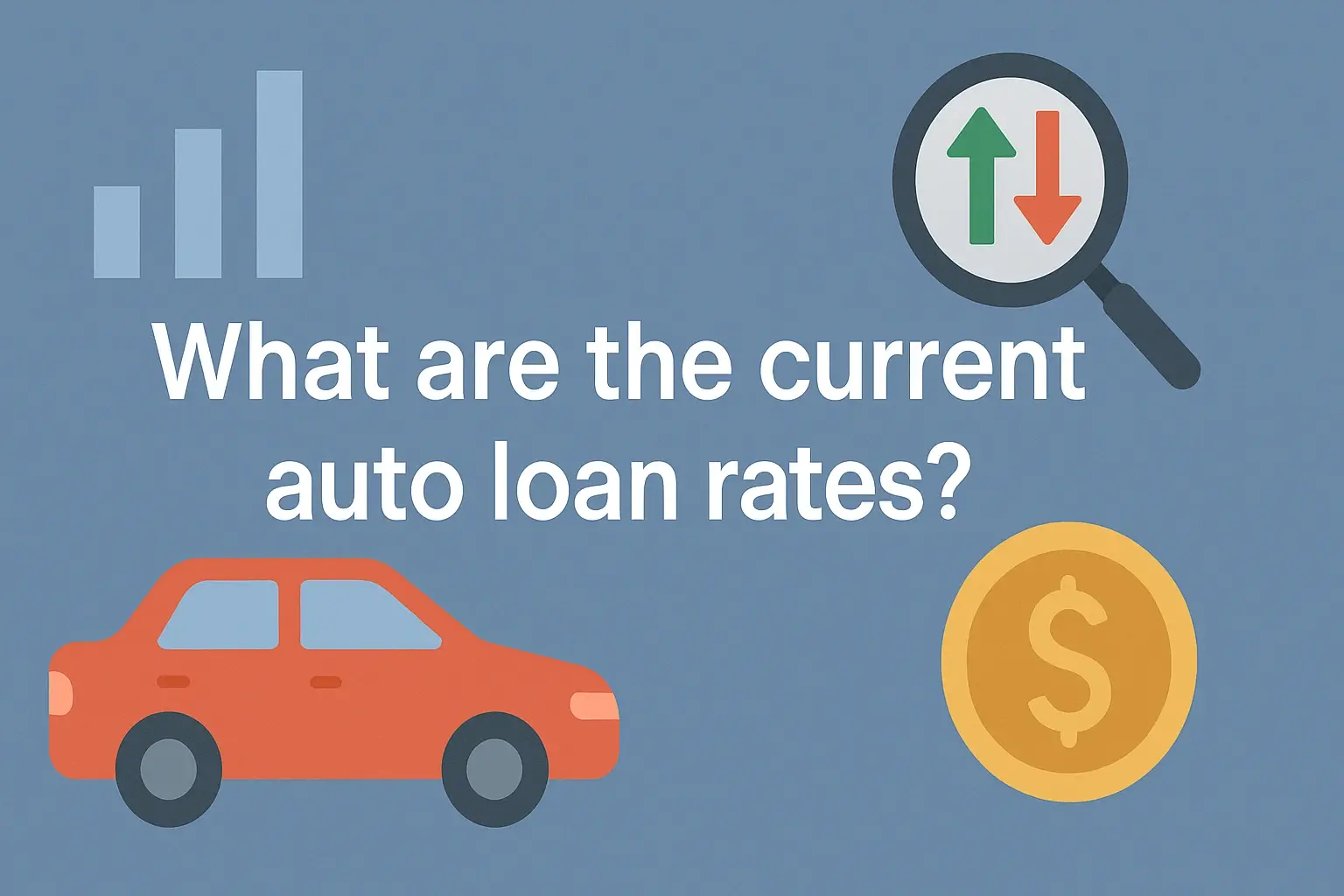Understanding Your Credit Score
Your credit score is a three-digit number that represents your creditworthiness. Lenders use it to assess the risk of lending you money. A higher score generally means you're more likely to repay your debts on time, making you a less risky borrower. Credit scores are crucial for securing loans, mortgages, credit cards, and even renting an apartment or getting certain jobs.
Several credit scoring models exist, but the two most widely used are FICO and VantageScore. While both aim to predict credit risk, they use slightly different algorithms and data sources. Therefore, your score might vary slightly depending on which model is used.
FICO Score Ranges
The FICO score range is 300 to 850, and the general categories are:
- Exceptional: 800-850
- Very Good: 740-799
- Good: 670-739
- Fair: 580-669
- Poor: 300-579
VantageScore Ranges
The VantageScore range is also 300 to 850, with slightly different categories:
- Excellent: 750-850
- Good: 700-749
- Fair: 650-699
- Poor: 550-649
- Very Poor: 300-549
So, Is 707 a Good Credit Score?
Yes, a credit score of 707 is generally considered a good credit score. Let's analyze this in the context of both FICO and VantageScore models:
- FICO Score: A 707 falls within the "Good" range (670-739). This means you're considered a reliable borrower and are likely to be approved for credit products.
- VantageScore: A 707 falls within the "Good" range (700-749). Again, this signifies a healthy credit profile.
While 707 is good, it's essential to understand its implications and how it compares to higher scores.
What Does a 707 Credit Score Mean for You?
Having a 707 credit score opens up several opportunities, but it's not the highest achievable score. Here's what you can expect:
Loan Approvals
You'll likely be approved for most types of loans, including:
- Mortgages
- Auto loans
- Personal loans
- Credit cards
However, the interest rates you receive might not be the absolute lowest. Lenders reserve the best rates for borrowers with "Very Good" or "Exceptional" scores.
Interest Rates
With a 707 credit score, you'll generally qualify for decent interest rates, but you might not get the prime rates offered to those with higher scores. This means you could pay more in interest over the life of a loan compared to someone with a score of 750 or higher. It's always a good idea to shop around and compare offers from different lenders to find the best possible rates.
Credit Card Offers
You'll be eligible for a wide range of credit cards, including:
- Reward cards (cash back, travel points)
- Balance transfer cards
- Low-interest cards
Again, the specific terms and rewards offered will depend on your creditworthiness, and those with higher scores might get access to more exclusive or lucrative offers.
Other Benefits
A good credit score can also indirectly benefit you in other ways, such as:
- Lower insurance premiums: Insurance companies often use credit scores to assess risk, and a good score can lead to lower premiums for auto and homeowner's insurance.
- Easier rental applications: Landlords frequently check credit scores to evaluate potential tenants.
- Better cell phone plans: Some cell phone providers require credit checks and offer better plans to those with good credit.
How to Improve Your Credit Score from 707
Even though 707 is a good credit score, there's always room for improvement. Boosting your score to the "Very Good" or "Exceptional" range can unlock even better interest rates and financial opportunities. Here are some strategies:
Pay Bills On Time
Payment history is the most significant factor influencing your credit score. Always pay your bills on time, every time. Set up automatic payments to avoid missing deadlines.
Keep Credit Utilization Low
Credit utilization is the amount of credit you're using compared to your total available credit. Aim to keep your credit utilization below 30%, and ideally below 10%. For example, if you have a credit card with a $1,000 limit, try to keep your balance below $300 (and ideally below $100).
Don't Max Out Credit Cards
Maxing out your credit cards can significantly damage your credit score. It indicates that you're over-reliant on credit and may have trouble managing your finances.
Avoid Opening Too Many New Accounts at Once
Opening multiple credit accounts in a short period can lower your credit score. Each application triggers a hard inquiry, which can negatively affect your score. Space out your credit applications.
Check Your Credit Report Regularly
Review your credit report from all three major credit bureaus (Equifax, Experian, and TransUnion) at least once a year. You can obtain a free copy of your credit report from AnnualCreditReport.com. Look for errors or inaccuracies and dispute them with the credit bureau.
Consider a Secured Credit Card or Credit-Builder Loan
If you have a limited credit history or are rebuilding your credit, consider a secured credit card or a credit-builder loan. A secured credit card requires a cash deposit as collateral, and a credit-builder loan is designed to help you establish a positive payment history.
Be Patient
Improving your credit score takes time and consistent effort. There are no quick fixes. Stick to good credit habits, and you'll gradually see your score improve.
Factors That Affect Your Credit Score
Understanding the factors that influence your credit score can help you make informed decisions about your financial habits. Here are the primary factors:
- Payment History (35%): The most important factor. Late payments, missed payments, and bankruptcies can significantly lower your score.
- Amounts Owed (30%): Also known as credit utilization. The amount of debt you owe compared to your available credit.
- Length of Credit History (15%): A longer credit history generally indicates more stability and responsibility.
- Credit Mix (10%): Having a mix of different types of credit accounts (e.g., credit cards, installment loans) can be beneficial.
- New Credit (10%): Opening too many new accounts in a short period can negatively impact your score.
Maintaining a Good Credit Score
Once you've achieved a good credit score, it's crucial to maintain it. Here are some tips to keep your score healthy:
- Continue to pay your bills on time, every time.
- Keep your credit utilization low.
- Avoid accumulating unnecessary debt.
- Monitor your credit report regularly for errors and fraud.
- Be mindful of your spending habits.












